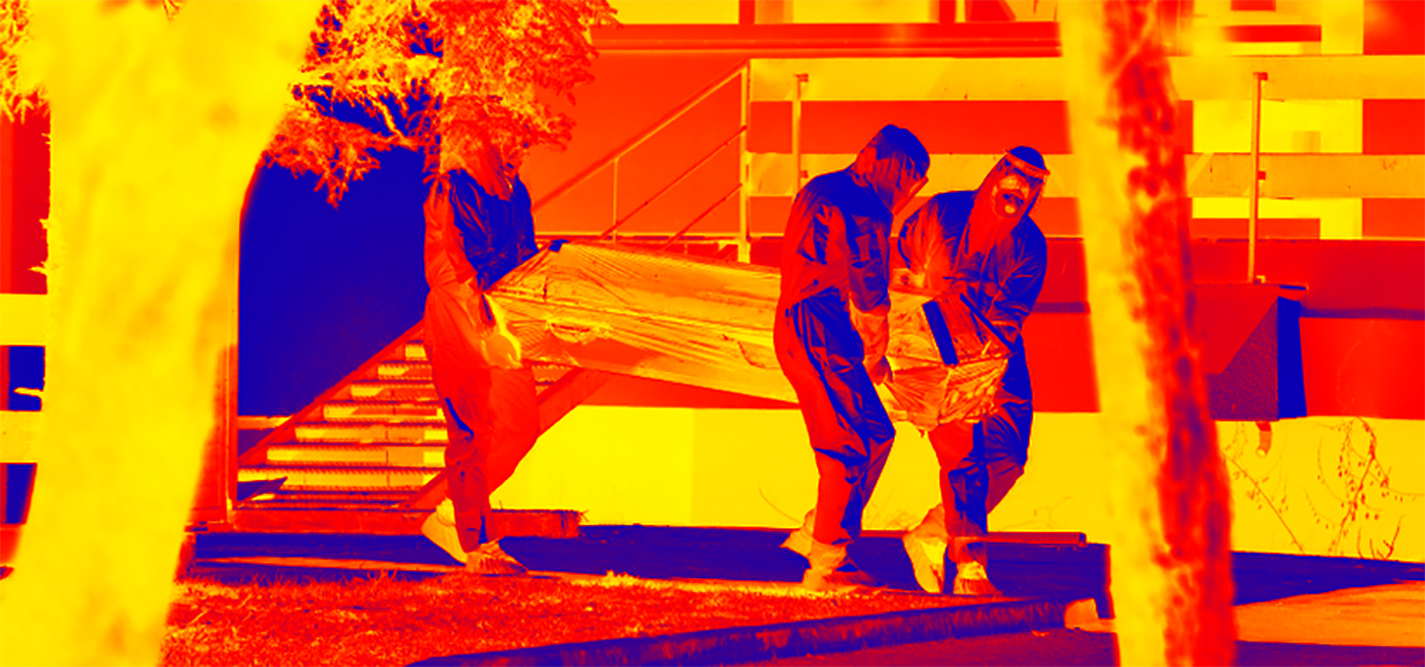
Kosovo records new daily high in COVID-19 cases
New restrictive measures entered into force on Monday.
The same curfew is extended to bars, cafés, restaurants and other gastronomic venues across the whole country.

Tringë Sokoli
Tringë Sokoli is a journalist and former editor at K2.0 (2019-21). For her bachelor’s degree she studied journalism at the University of Prishtina, and for her master’s she studied public policy and administration at the University of Potsdam in Germany.
This story was originally written in English.